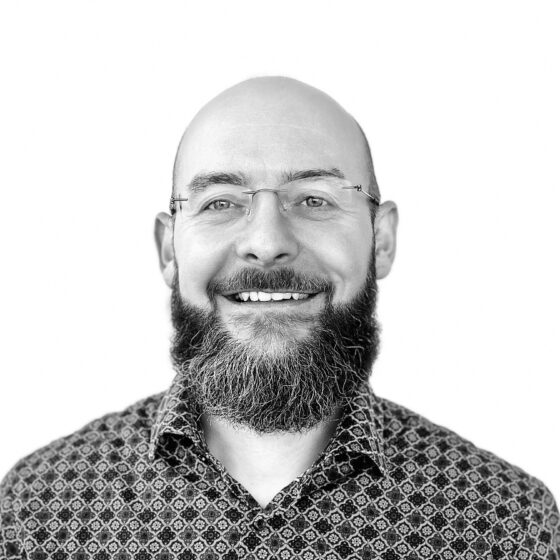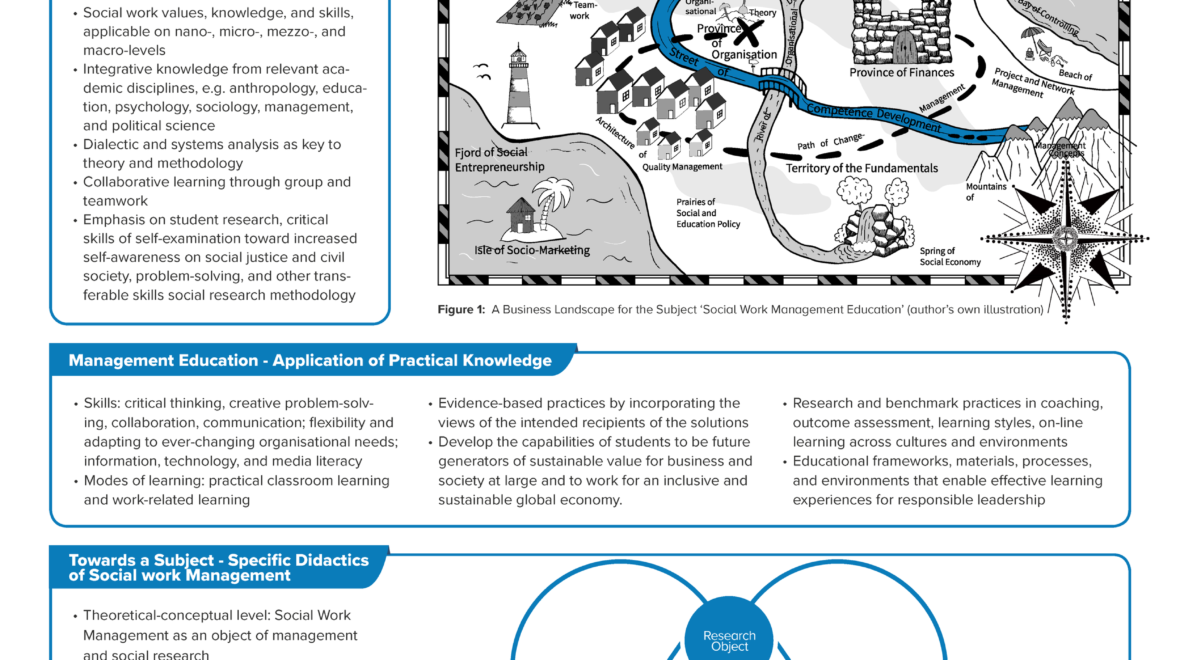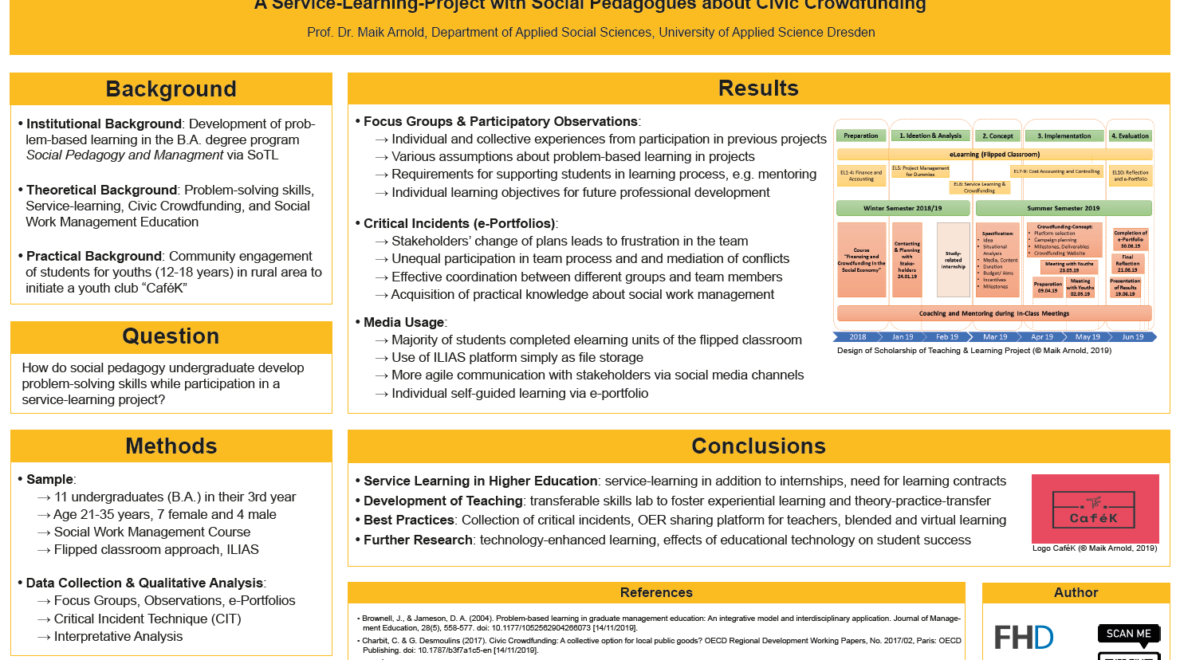We all have had some sort of formal education. We have seen our syllabuses change from time to time and our textbooks get updated. But have you ever wondered how the teaching process evolves? Have you stopped to think if we teach the same way we were taught 20 years ago? Today, I will answer these questions and more.
Qualitative Methods
This study aims at the development of a subject-specific higher education didactics for ‘Social Work Management Education’ based on an integrative theory-practice transfer model. A Subject-Specific Didactics of Social work Management consists of three levels: theoretical-conceptual, practical transfer, communication and discourse level.
The French Philosopher Paul Ricoeur examines a few important issues in his thoughtful essay regarding our everyday use of the terms, speech, language, understanding, explanation, and interpretation. This essay brings a good understanding of a text in qualitative research. In most cases in textual analysis, there is the use of texts as data for description and interpretation. Most of the textual materials are written texts of oral speaking like interviews or observations. In understanding what has been said and observed, we use text to provide evidence of people’s thinking, acting or beliefs among others.
Based on this poster, I presented an overview of the service-learning project at the Higher Education Didactical Institutes’ conference ‘Active Teaching’ in November 2019. It includes preliminary findings of the qualitative research process accompanying the crowdfunding course, but also draws conclusion to sustainable frameworks for good teaching practices in higher education.




